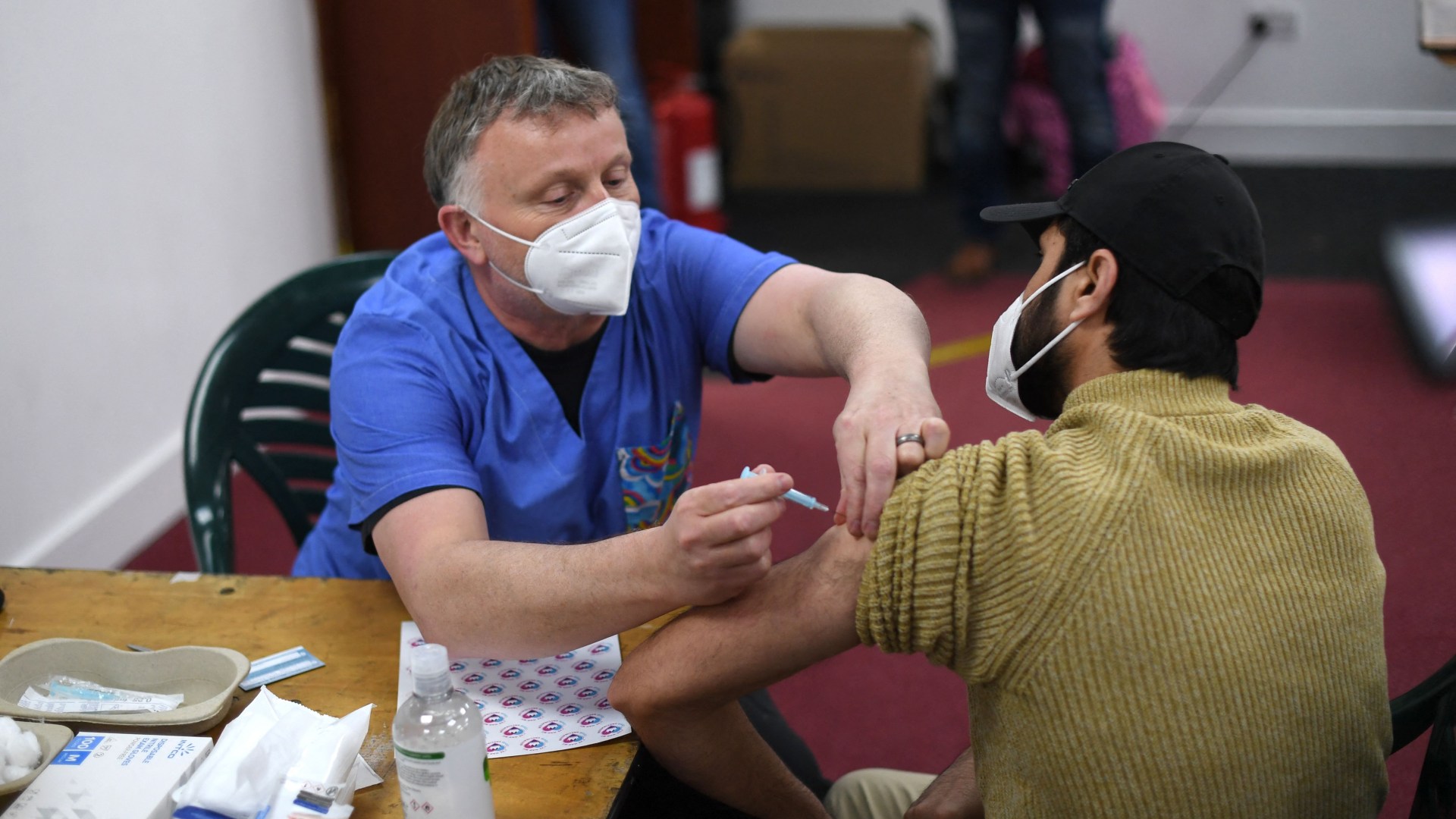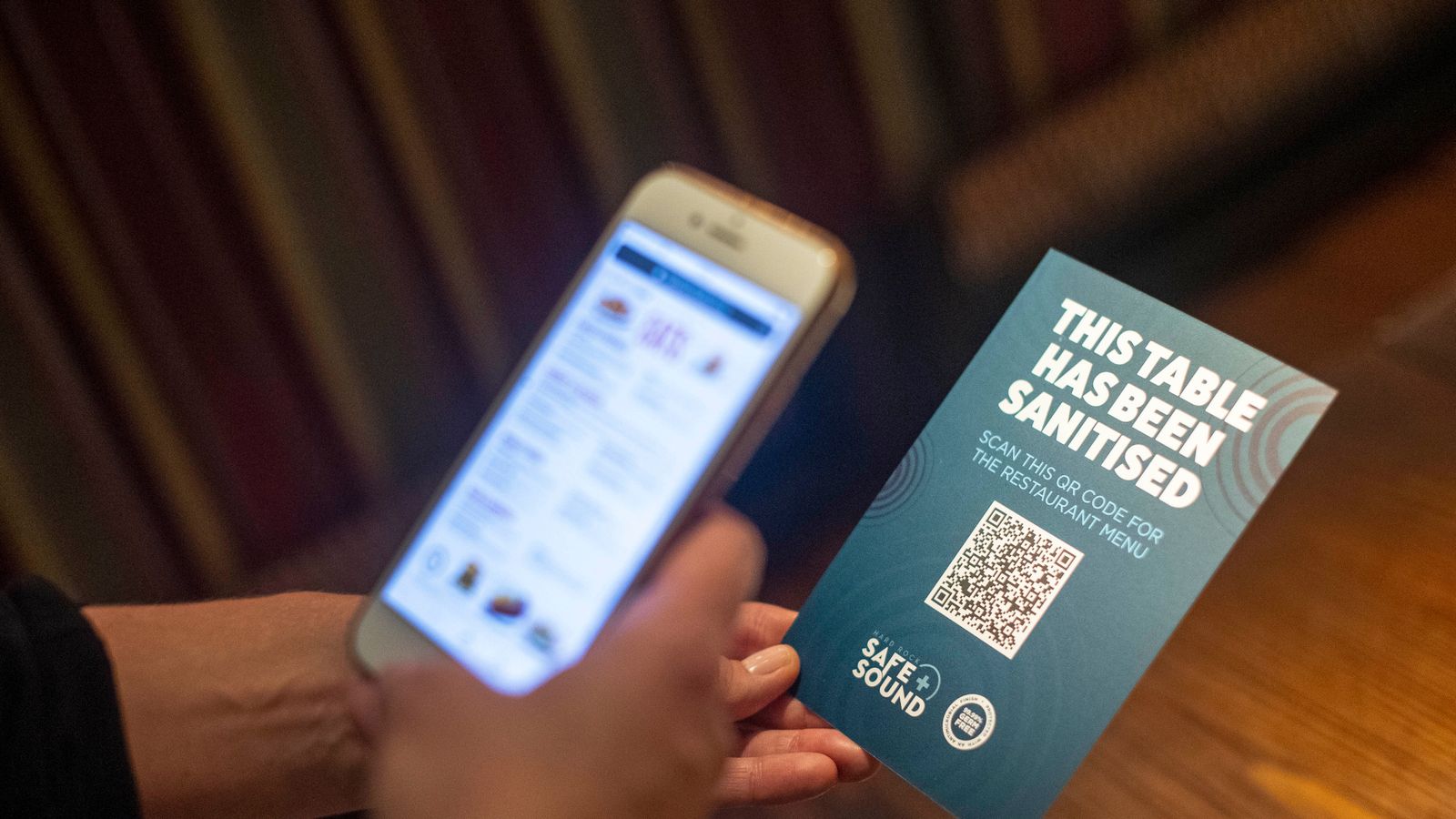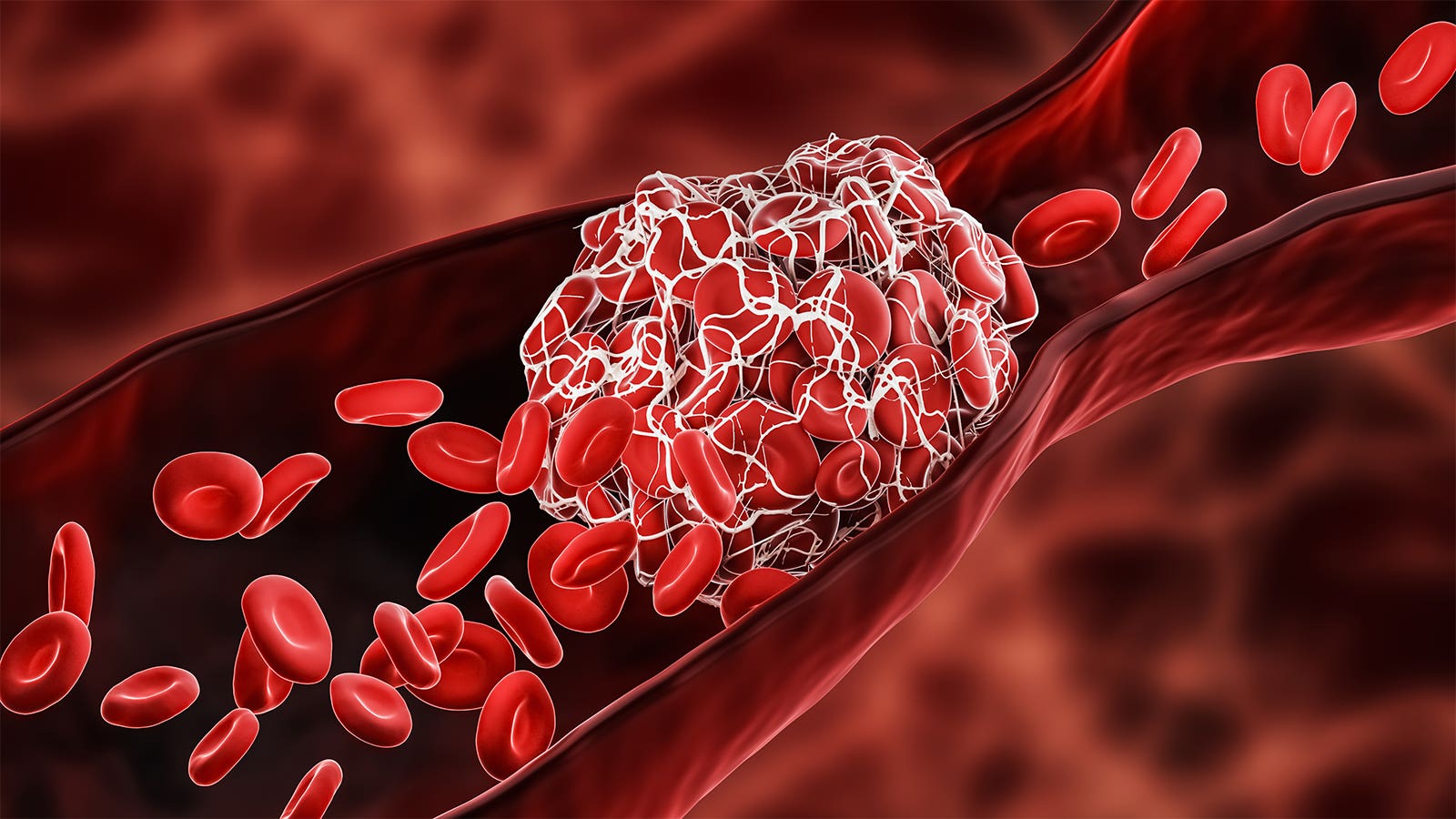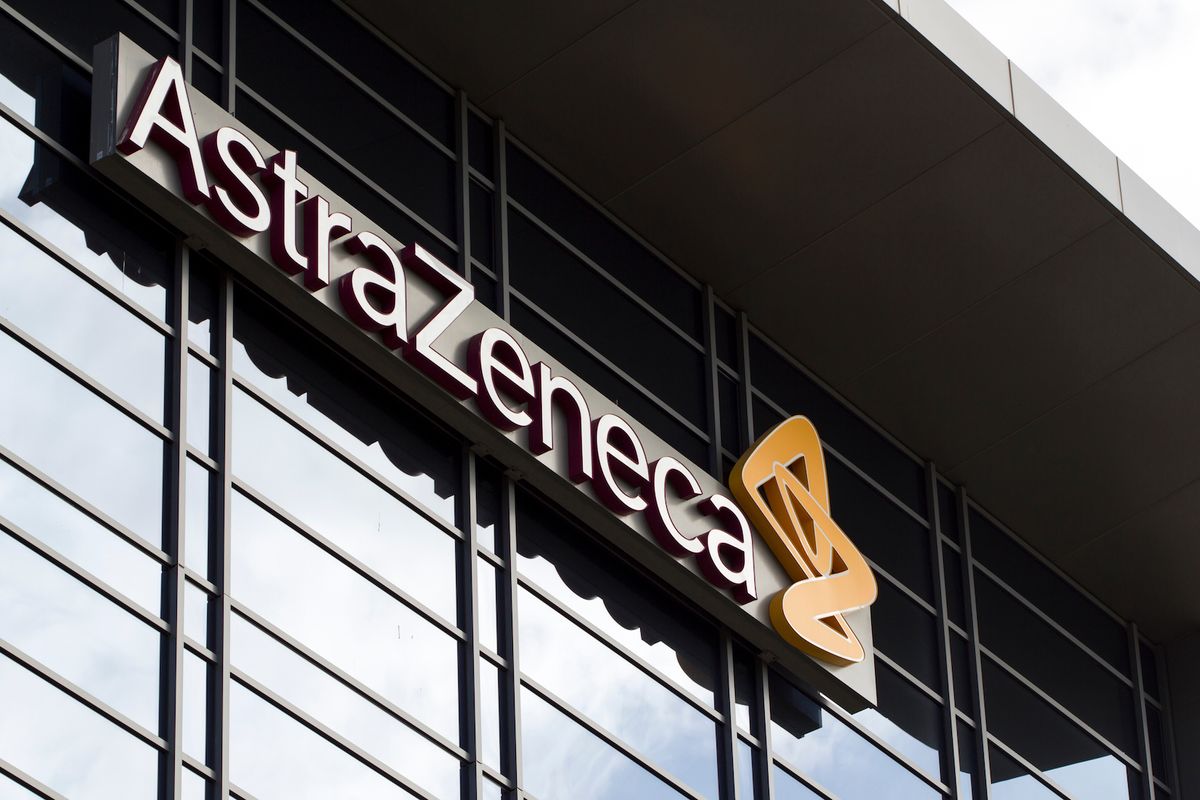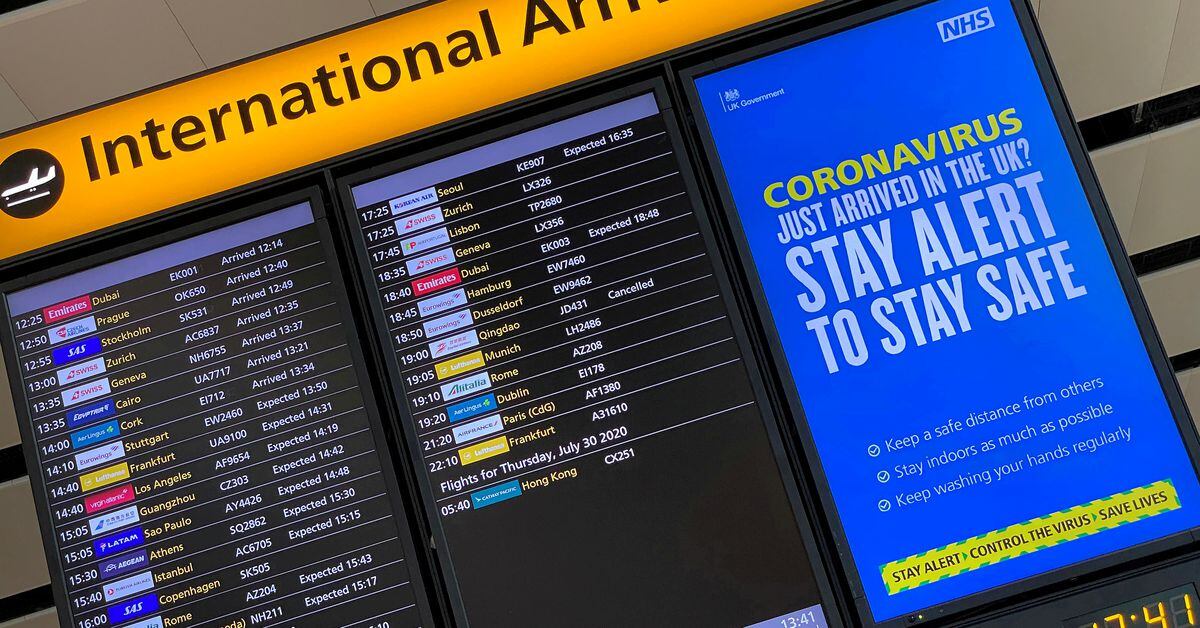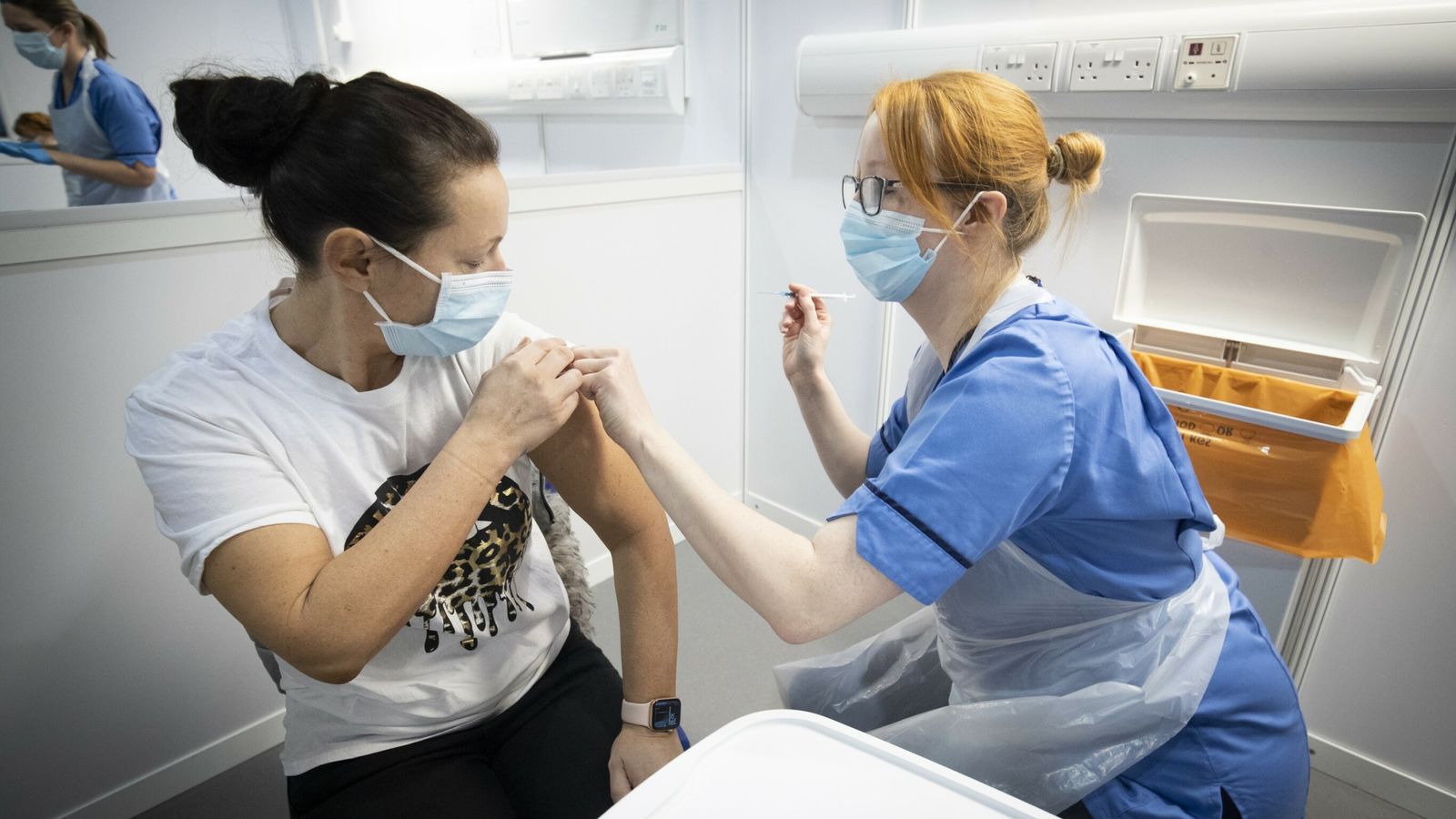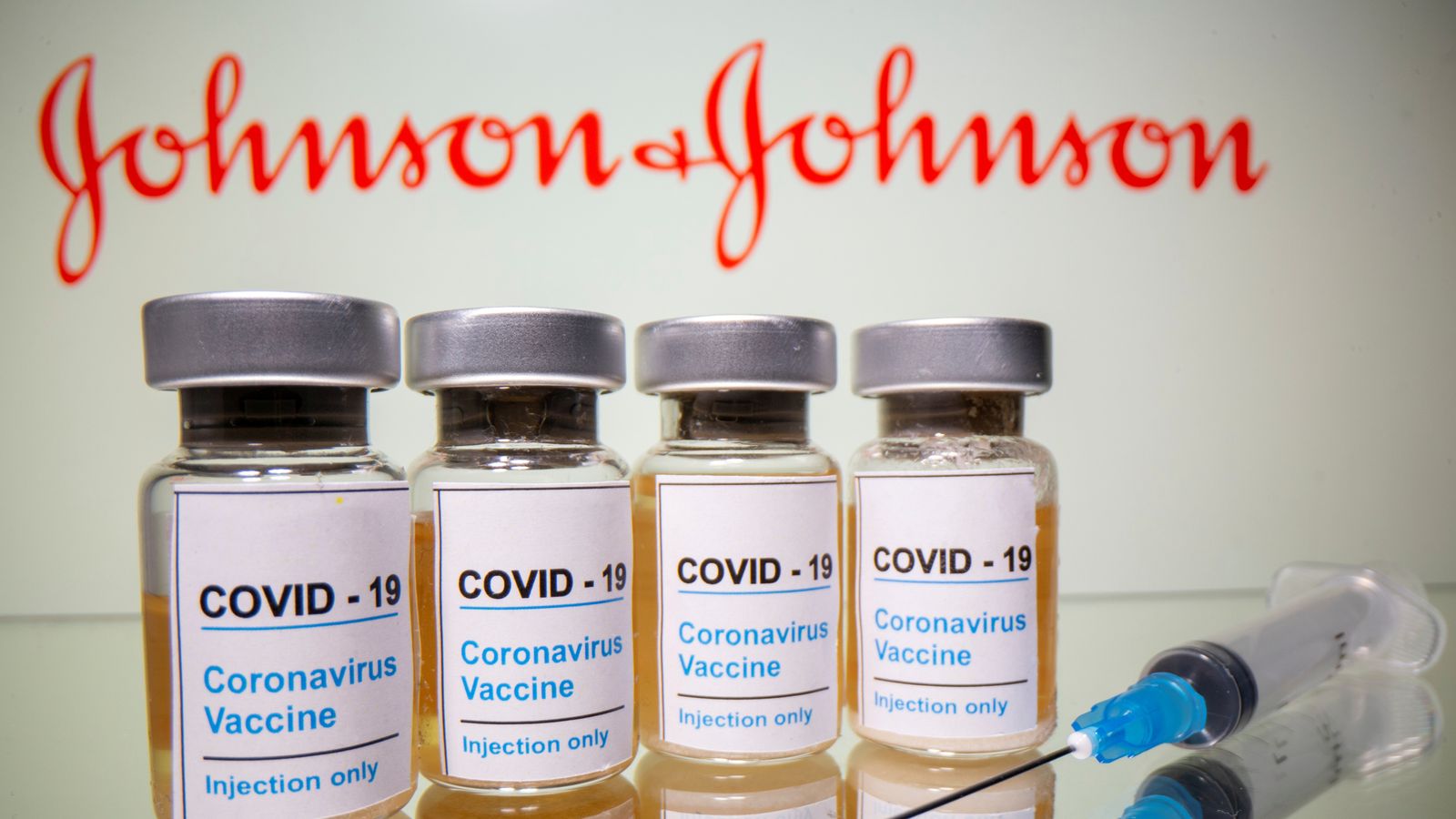There's at least some clotting cases associated with Pfizer as well IIRC (I know that's mRNA, not viral vector), so it's possibly not something specific to AZ. I'll be very interested to see what the mechanism is when they figure it out.
There been 3 cases with the Johnson & Johnson vaccine too, so this seems to be something that affects all Covid vaccines. Presumably they are triggering the same immune response triggering platelet production to form clots as the Covid virus does, but with variable risk incidence depending on how the vaccine works.
Given the greater extent of minor side effects experienced from the AZ vaccine compared to the Pfizer vaccine, perhaps its just little too harsh in its action on the immune system compared to the others?
I'm not sure that I necessarily trust the risk figures at this stage; the European figures seem a little higher, for example in early March there had been 30 cases out of 5 million doses. Only 6 days ago the MRHA were claiming 22 cases and yet yesterday the reported figure was 79, so its clear that there might be other cases yet to come to light. The Yellow Card scheme is not accurate enough to assess side-effect probabilities, so presumably the other 57 cases were found from NHS records?
Also, very few people have had their second dose so there is no data on whether this is side-effect from coming into contact with the vaccine or whether its purely a chance reaction from your immune system that could occur with either dose. If its the latter, then essentially you are doubling your odds.
Even so, as others here have pointed out, these side effect probabilities are pretty good compared to the listed serious side effects for most drugs.
But the bottom line is, the UK health authorities have delineated the risk/benefit to a specific age group and obviously there is an intrinsic risk otherwise they wouldn't both setting one. You can argue whether its foolish to go for 30 when most other nations are capping at under 60 - but then not many weeks ago Germany was declining to give AZ to anyone above 60 claiming it was less effective for that age group! So you take your pick, humans are poor risk assessors at the best of times.

